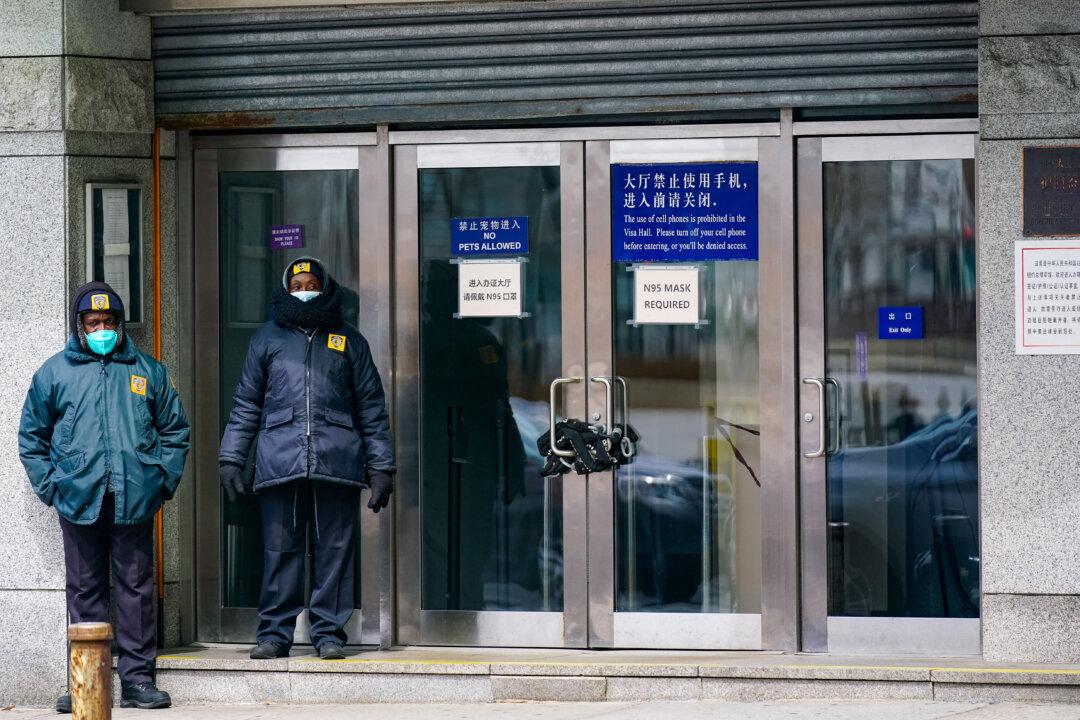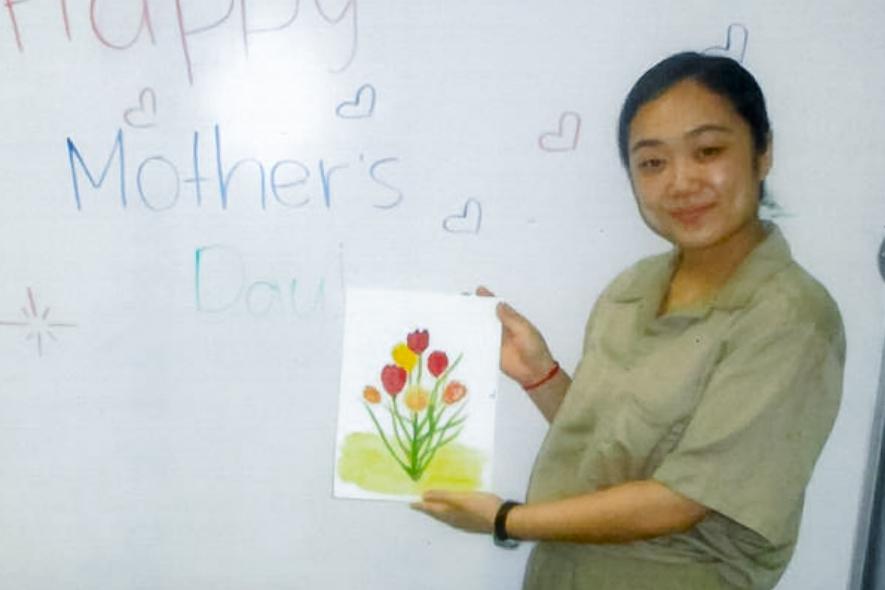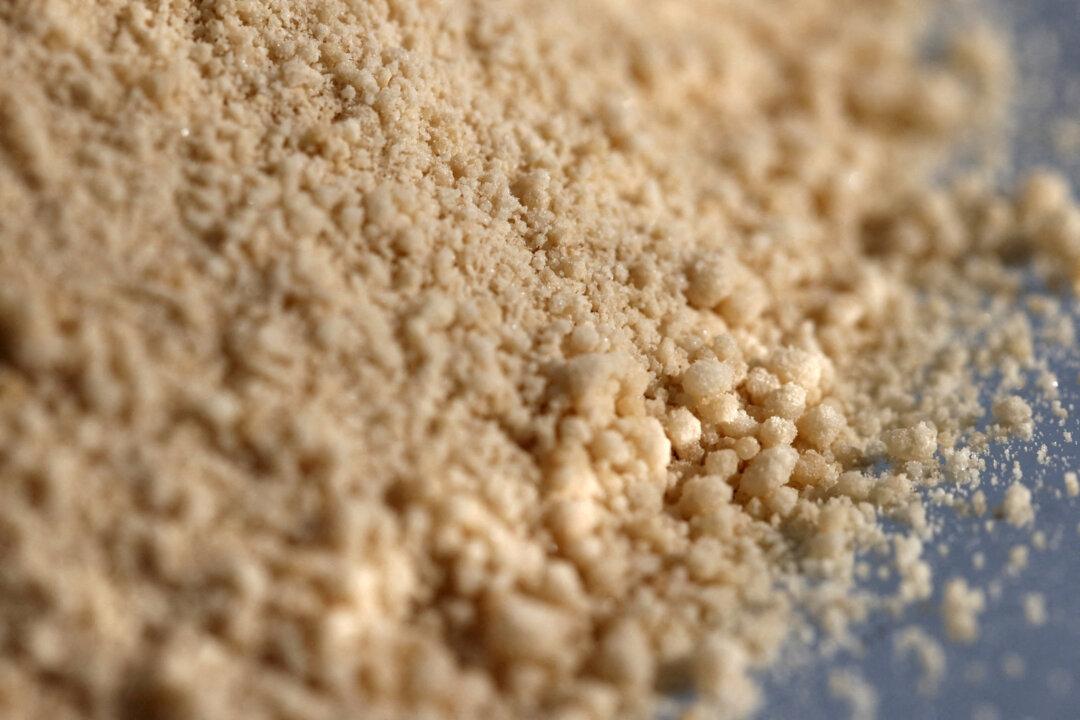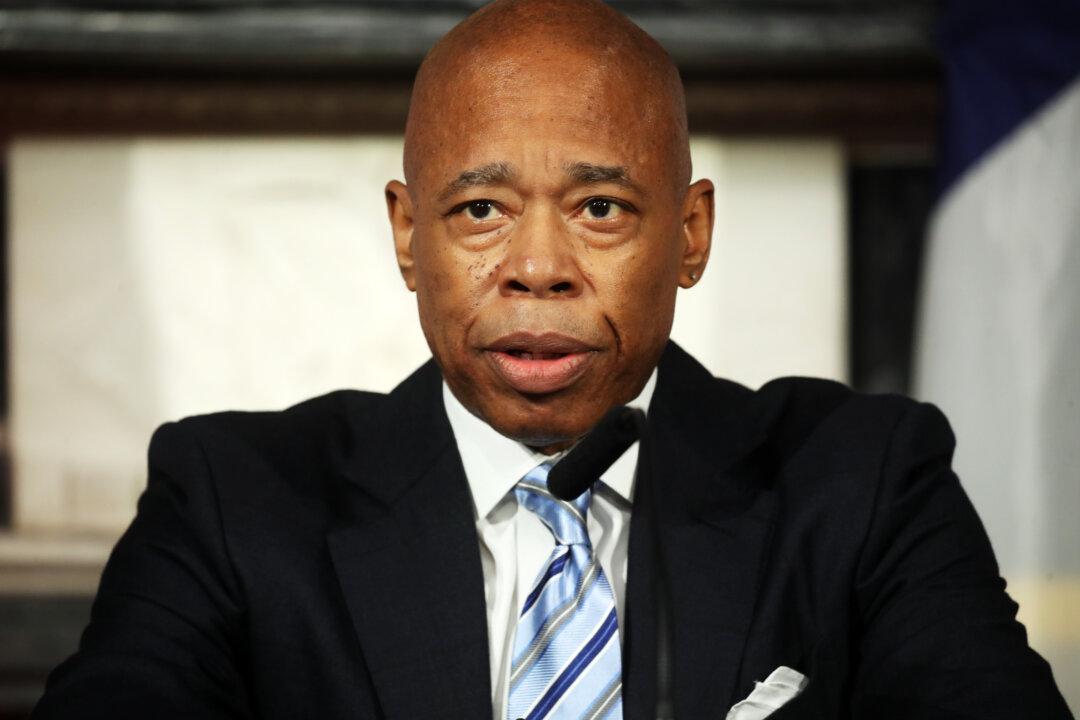News Analysis
Pro-Beijing overseas Chinese associations frequently serve as instruments to aid China’s communist regime in targeting dissidents residing abroad. Nevertheless, a leader of one such association recently publicly criticized the Chinese consul general in New York during a speech.





